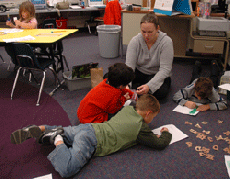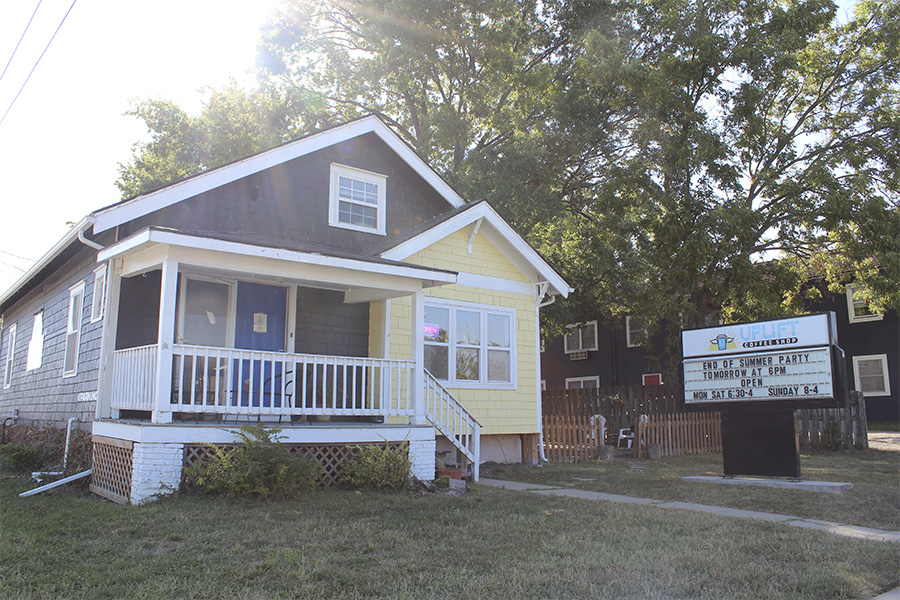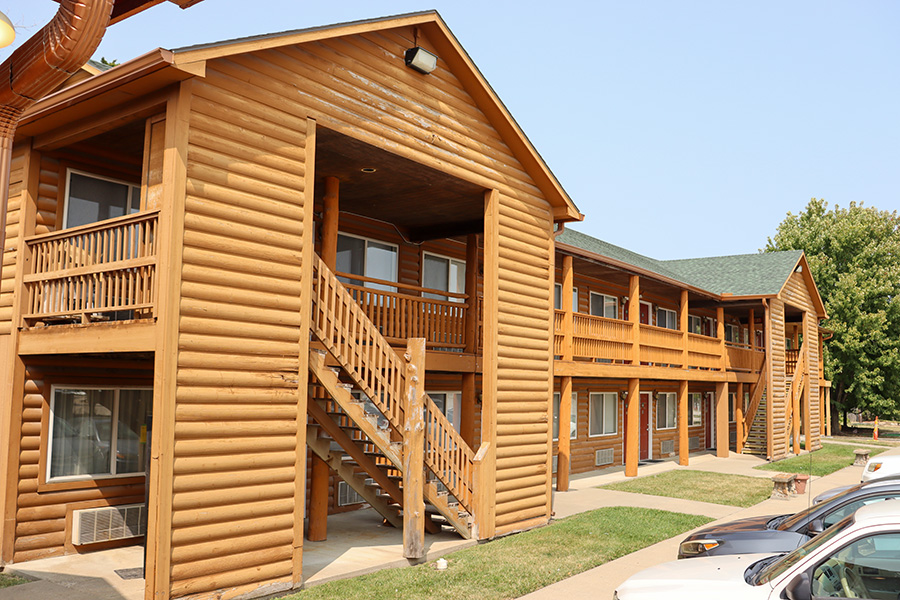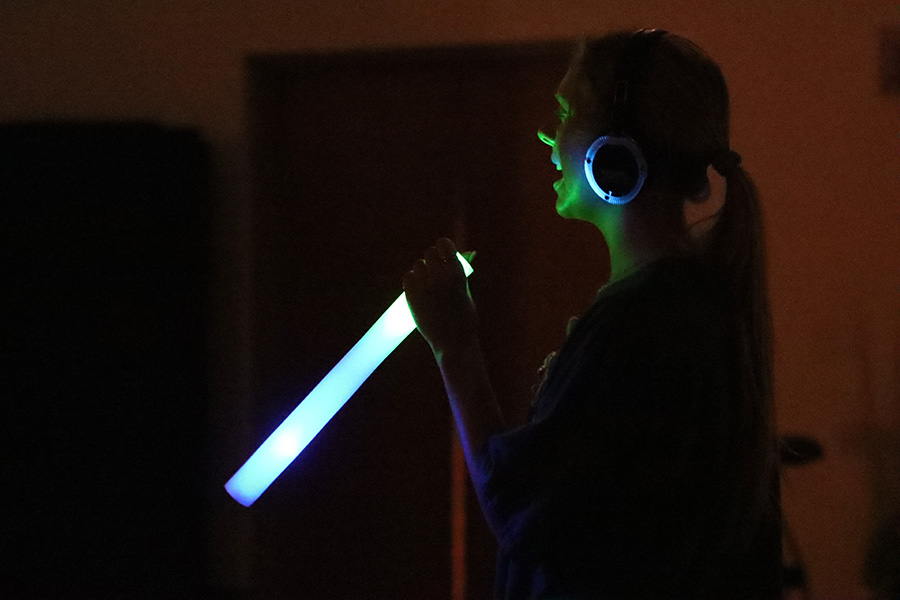Baker University is the only private college in Kansas that can boast what only three public universities can – its own educational doctorate program.
The University of Kansas, Kansas State University and Wichita State University also offer Ed.D. programs. Baker’s program, which saw its first class of 25 students start on Feb. 2, 2006, is based in Overland Park but offers classes at several “delivery sites,” including Lawrence and Lee’s Summit, Mo.
Assistant Dean of the School of Education Peggy Harris said while she cannot say if the doctorate program is a deciding factor for prospective undergraduate students to choose Baker, it certainly could not hurt.
“It helps our reputation, and anything that helps your reputation helps recruit students,” Harris said. “When we go out to high schools and things like that, we do talk about the full range of degrees that we offer.”
Harris estimated about 23 colleges in Kansas, excluding junior colleges, offer teacher licensure programs, and out of those 23, only four offer a doctorate program.
“There is a huge need for district-level administrators, and the anticipated need is even greater,” Harris said. “The Ed.D. can include a license for superintendents, etc.”
Dean of the School of Education Bill Neuenswander said he has seen a tremendous amount of growth in the program’s popularity.
“We’re probably the fastest-growing school,” he said. “A year ago we had less than 850 students; now we have more than a thousand. We’ll likely have a 10 percent growth per year. Approximately one out of five Baker students will be enrolled in a teacher education program, so almost one-third of the graduate campus is associated with our teacher education degree programs.”
The doctorate program is separate from the School of Professional and Graduate Studies, which has bases in Wichita and Overland Park. While SPGS offers a master of arts in education, mainly for teachers, and a master of arts in school leadership, mainly for building administrators, the Ed.D. degree may be obtained by educators, PK-12 administrators or those interested in teaching higher education.
“(The School of Education) and SPGS are on separate floors of the same building,” Harris said. “Before we were our own school, several of our programs fell under SPGS. I think we’re the only school to cross campuses the way we do.”
Even with its demanding admissions criteria, including critical thinking and disposition tests, educational experience requirements, writing samples and a 3.5 grade-point average from a regionally accredited institution, the Ed.D. program has received about 200 applications for the August 2007 class.
Senior Jana Collins, a music education major with a focus in primary education, said she thinks Baker’s Ed.D. program is a positive addition.
“Expanding the education department is always beneficial to students now and in the future,” she said. “Depending on the location of my employment, furthering my education through the Baker program would be a wonderful opportunity.”







